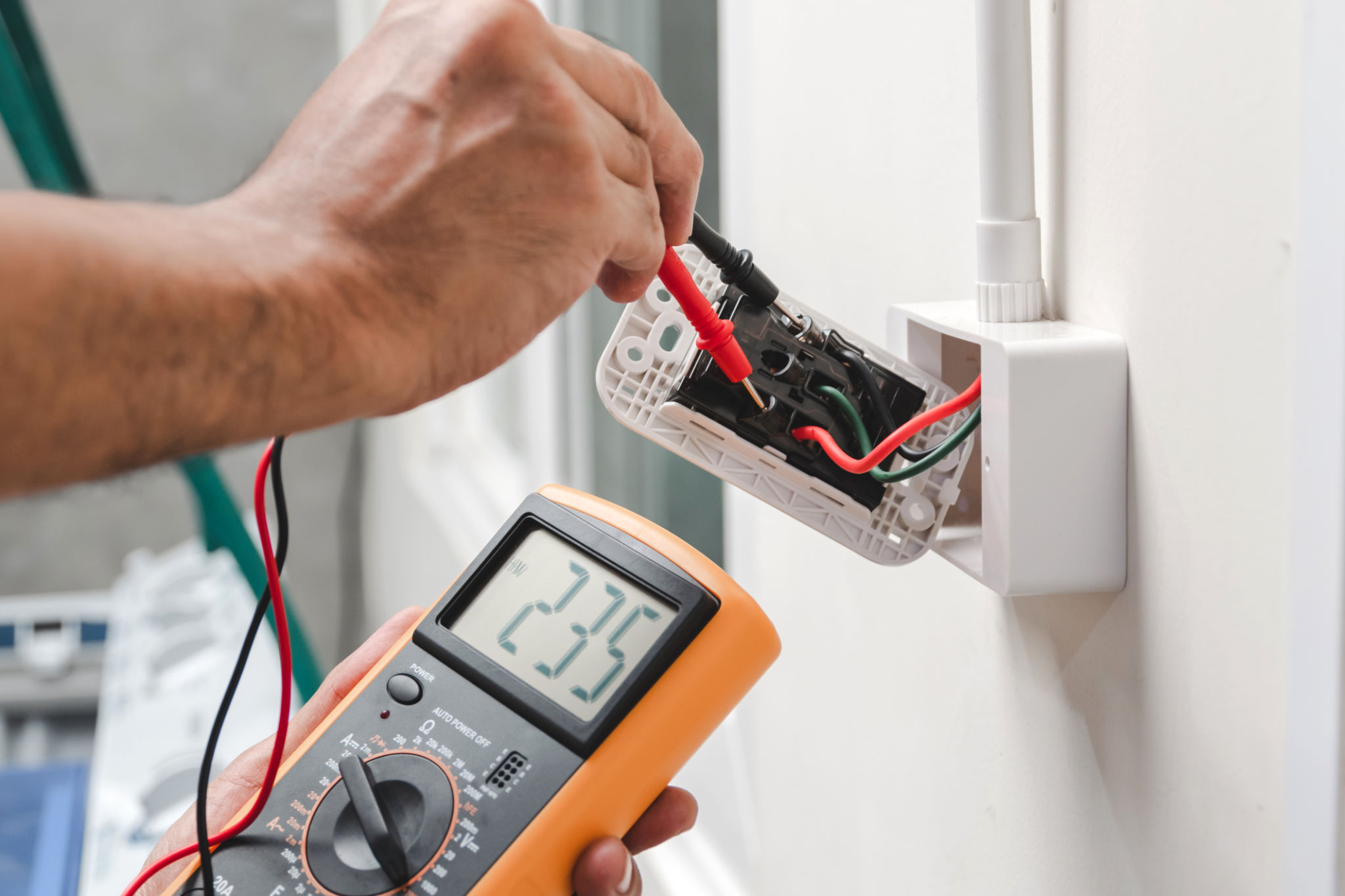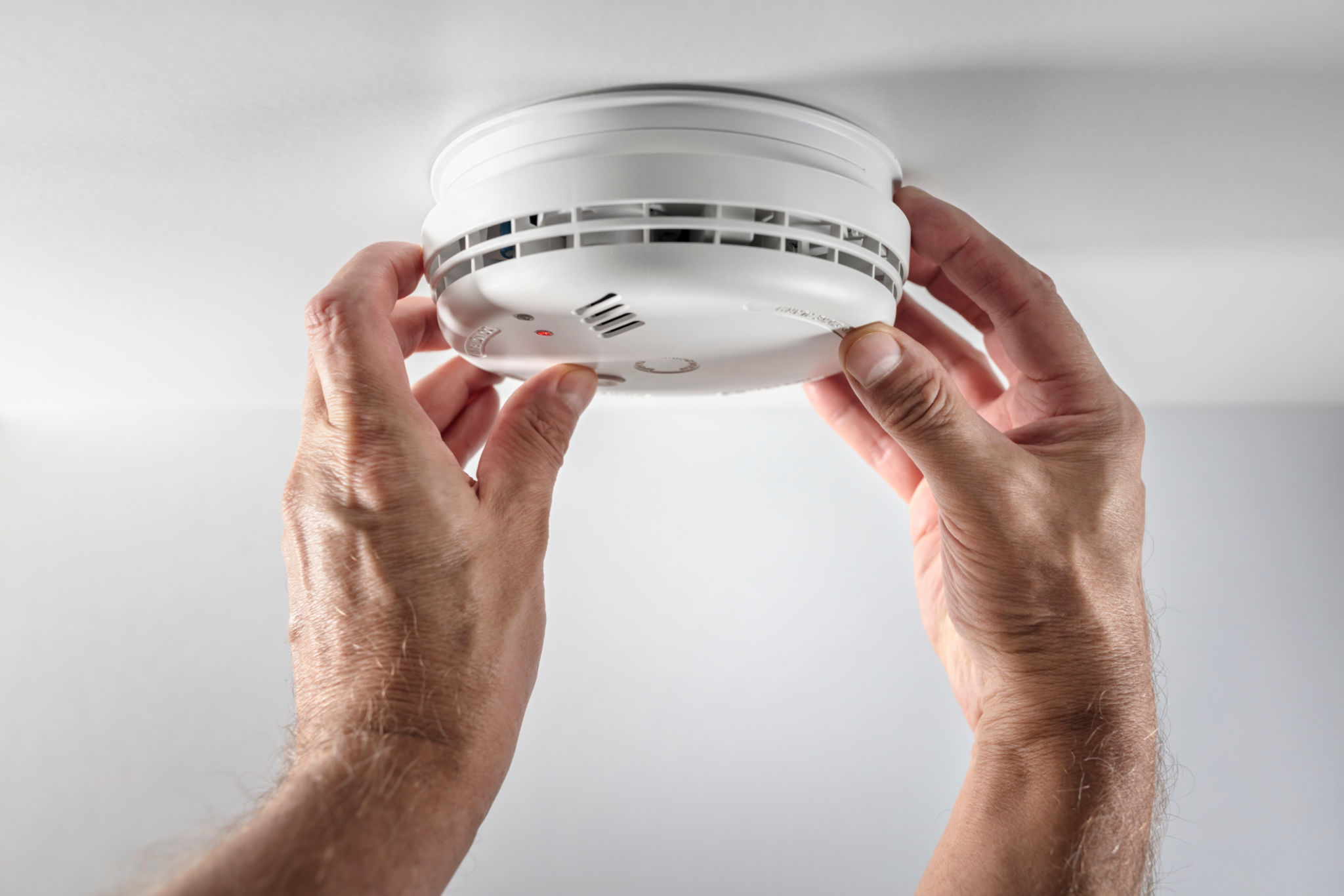Comprehensive Guide to Electrical Safety in the Home
Understanding the Importance of Electrical Safety
Electrical safety in the home is a critical aspect of maintaining a secure and hazard-free environment. With numerous devices and appliances relying on electrical power, ensuring that your home's electrical system is safe can prevent accidents and protect your family. Understanding the basics of electrical safety can significantly reduce the risk of electrical fires, shocks, and other dangerous incidents.

Common Electrical Hazards
Identifying potential electrical hazards is the first step toward safeguarding your home. Common hazards include overloaded outlets, frayed wires, and outdated electrical panels. These issues can lead to overheating, which is a primary cause of electrical fires. Regularly inspecting your home's electrical components can help identify and mitigate these risks before they become serious problems.
Another common hazard is using extension cords improperly. While they offer convenience, overusing them or connecting multiple high-wattage appliances can lead to dangerous situations. It's essential to use extension cords only as temporary solutions and ensure that they are rated for the intended load.
Implementing Safety Measures
There are several proactive steps you can take to enhance electrical safety at home. First, ensure that all installations and repairs are performed by a licensed electrician. This ensures that work complies with local codes and standards, minimizing the risk of future issues.

Installing Ground Fault Circuit Interrupters (GFCIs) in areas prone to moisture, such as kitchens and bathrooms, is another effective measure. GFCIs detect imbalances in electrical current and quickly shut off power to prevent shocks. Regularly test GFCIs to ensure they are functioning correctly.
Childproofing Your Home
If you have young children at home, childproofing electrical outlets and devices is crucial. Use outlet covers or tamper-resistant receptacles to prevent accidental shocks. Additionally, keep cords out of reach and teach children about the dangers of electricity from an early age to instill safe habits.

Maintaining Electrical Appliances
Proper maintenance of electrical appliances plays a vital role in home safety. Regularly check appliances for signs of wear and tear, such as damaged cords or unusual noises. Unplug appliances when not in use to save energy and reduce the risk of overheating.
Avoid placing appliances near water sources unless they are specifically designed for such environments. Water increases the risk of electrical shock, so it's important to keep appliances dry and away from sinks, bathtubs, or pools.
The Role of Smoke Detectors
Smoke detectors are an essential component of any home's safety system. Ensure that smoke detectors are installed on every level of your home and near sleeping areas. Test them monthly and replace batteries at least once a year. Smoke detectors can provide an early warning in the event of an electrical fire, allowing you to take swift action.

Emergency Preparedness
Being prepared for electrical emergencies can make a significant difference in your family's safety. Develop an emergency plan that includes escape routes and meeting points outside your home. Educate all family members on how to safely exit the house in case of a fire or other emergency situations.
Keep a fire extinguisher accessible and ensure everyone knows how to use it. In case of an electrical fire, use a Class C-rated fire extinguisher and never use water, as it can worsen the situation.
Conclusion: Prioritizing Safety
Electrical safety is an ongoing responsibility that requires vigilance and education. By understanding common hazards, implementing preventive measures, and being prepared for emergencies, you can create a safer environment for yourself and your family. Regular updates to your home's electrical systems and components will help maintain safety standards and ensure peace of mind.
